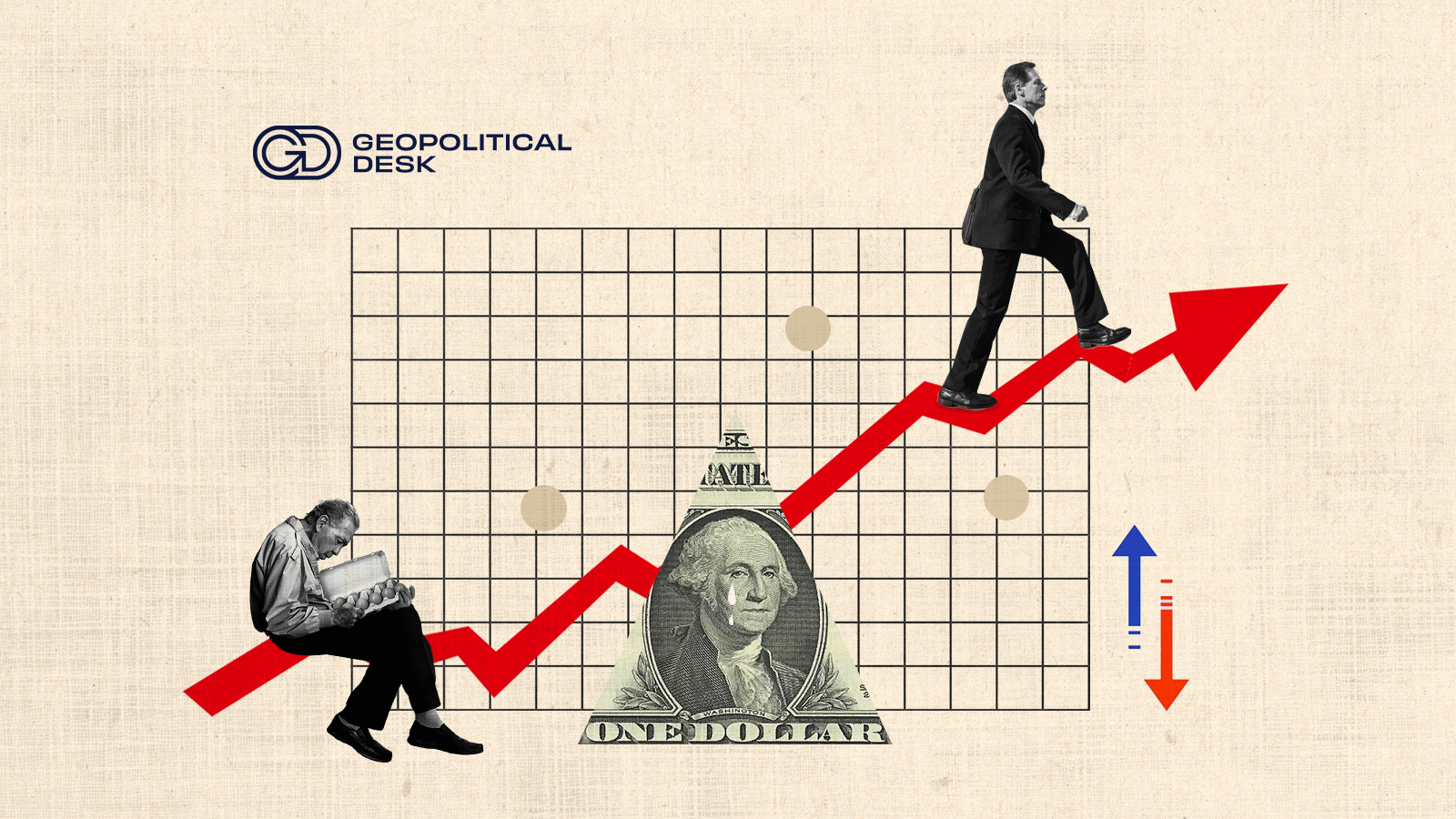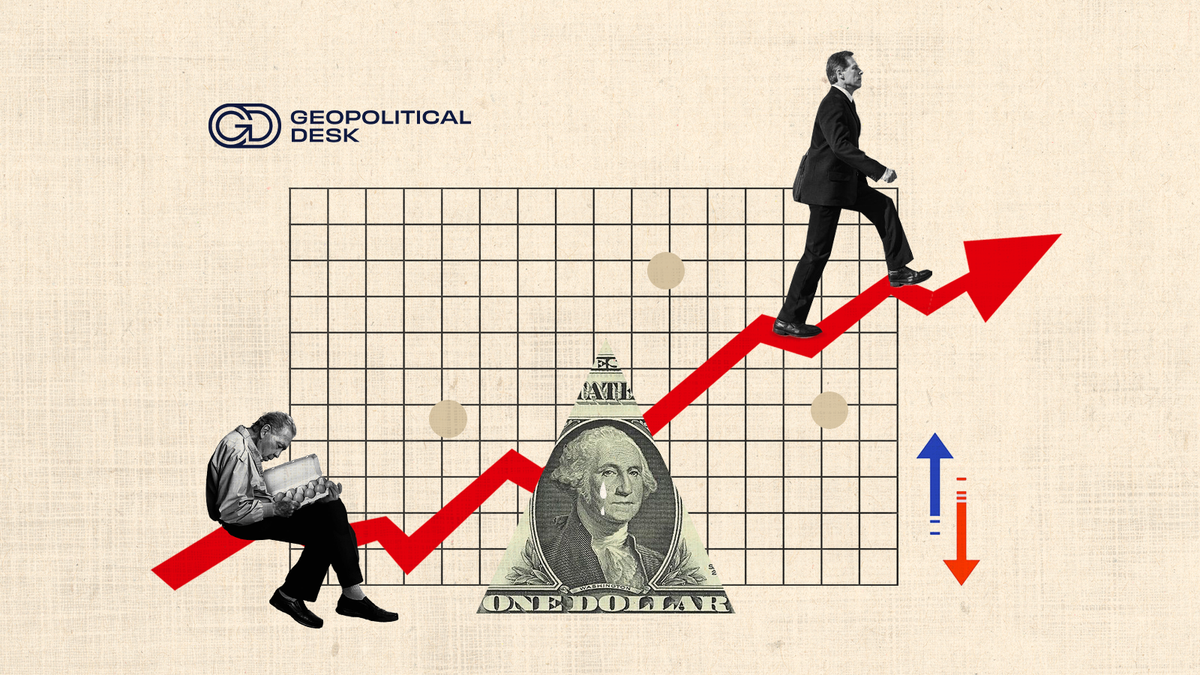‣ 🇺🇸 Is there something fundamentally wrong in the U.S. economy?
‣ 🇸🇦 The Saudi Crown Prince visits Washington for the first time since 2018.
‣ 🇱🇾 Libya’s power networks consolidate to resist external pressure.
‣ 🇮🇳 India navigates a tightening sanctions environment on Russian oil.
In the US, record-breaking AI revenues are masking deeper structural uncertainty. In Libya, multiple power centres are fusing into a single defensive front to shield themselves from pressure. In India, cheap Russian crude is colliding with mounting sanctions risk.
Very different cases, but a similar pattern: political and economic systems trying to buy time amidst growing concerns about their sustainability.
Also this week, Saudi Crown Prince Mohammed bin Salman visited Washington for the first time since 2018, bringing a 1,000-person delegation and delivering major announcements in defence, investment, AI and critical minerals.
Now let's get into it.
— Oliver, Co-Founder of GPD
If this email was forwarded to you, welcome! Be sure to sign up for free here to get our updates directly in your inbox.
And as always, tell us what you think and give us a follow on Instagram, LinkedIn and X to stay plugged in.
📸 Image of the week

🇺🇸 What’s wrong with the U.S. economy?
What happened: Technology hardware company Nvidia released its latest quarterly report, which surpassed expectations. The company earned $57 billion, up 22% from the previous quarter and up 62% from last year. Nvidia’s stock rose before beginning to fall again the next day.
Why it matters: Nvidia hardware is heavily used for AI, and its performance is seen as a bellwether for the overall health of the AI industry. Since AI development currently accounts for a lot of the United States’ projected economic growth, a weak showing by Nvidia would have caused the market to panic. And yet, inconsistent returns across the industry are fuelling fears of an “AI bubble.”
What this means: Despite steady growth for companies building hardware, data centres or LLMs, companies integrating AI are not yet seeing large productivity gains. This disconnect is worrying investors, with many seeing Nvidia's gains as evidence that the bubble is continuing to grow. This ongoing uncertainty will continue to drive anxiety, especially in the United States, as its somewhat beleaguered economy is being supported by expectations tied to AI development.
Go deeper

🇸🇦 MBS visits Washington for first time since 2018
What happened: Saudi Crown Prince Mohammed bin Salman’s first visit to Washington since 2018 brought a 1,000-person delegation and delivered major announcements in defence, investment, AI and critical minerals. The trip underscored that the Saudi–US partnership now advances on its own strategic logic, independent of regional files such as Israeli normalisation.
Why it matters: The visit showed that both countries see long-term strategic value in each other: Riyadh is embedding itself inside U.S. technology and security ecosystems and positioning itself as both a showcase and an enabler of American innovation. Despite the persistent trope that Washington “milks” Riyadh, the relationship is moving beyond transactional dynamics toward a more entrenched strategic alignment.
What this means: Notwithstanding U.S. political volatility, Israeli frustration and economic uncertainty, the visit confirmed a structurally strong, future-oriented partnership. Riyadh’s challenge now is to manage these pressures and sustain favourable sentiment in Washington.


